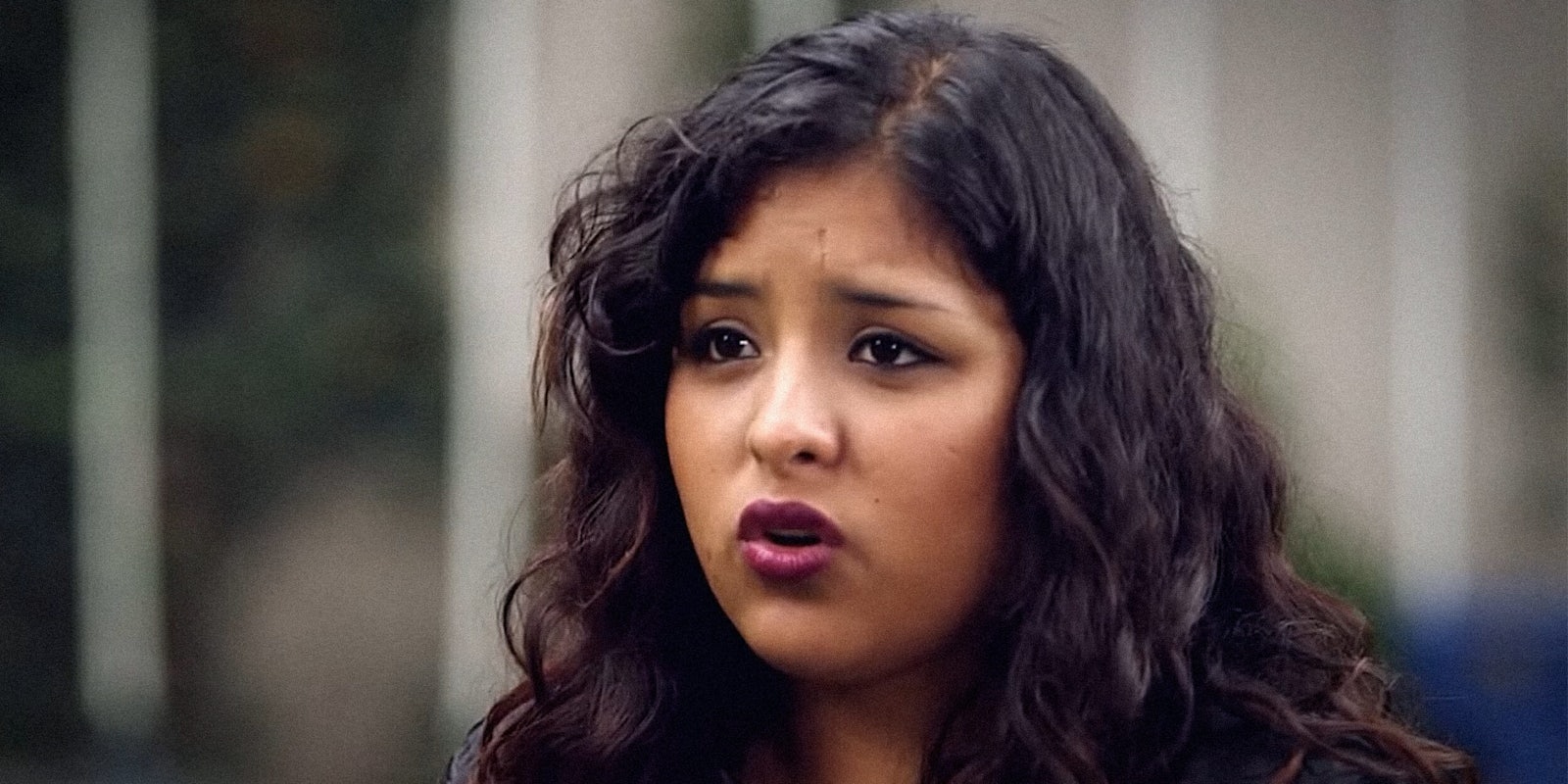Karla Jacinto, of Mexico City, says she was lured away from her home when she was 12 years old by a pimp who dazzled her with gifts, kind words, and a red Firebird Trans Am.
He pretended to be her boyfriend, Jacinto says, but once the act was over, she had already been forced into the sex trafficking industry. Over the next four years, she estimates she was raped a staggering 43,200 times.
“Up to 30 men a day, seven days a week, for the best part of four years,” Jacinto told CNN in a detailed report.
While human trafficking is everywhere, it’s biggest links are between New York, Atlanta, and Central Mexico, where a small town of 13,000 people called Tenancingo has a reputation for being a center of prostitution and pimping.
To the news station, Jacinto described the horrors she faced in the first days she was forced to work in brothels, in motels, on the streets, and in homes.
“I started at 10a.m. and finished at midnight,” Jacinto told CNN. “We were in Guadalajara for a week. Do the math. Twenty per day for a week. Some men would laugh at me because I was crying. I had to close my eyes so that that I wouldn’t see what they were doing to me, so that I wouldn’t feel anything.”
Once, police raided and shut down a hotel known for prostitution where Jacinto and other girls were working. She thought they had been rescued, but instead the police took videos of the girls in compromising positions and threatened to send the videos to their families if they didn’t do everything the police asked.
Jacinto was finally rescued from the industry in 2008 during an anti-trafficking operation in Mexico City. At 23, she’s now an outspoken advocate.
According to CNN, her testimony was used as evidence in support for H.R. 515, or Megan’s Law, which mandates U.S. authorities share information about American child sex offenders when convicts attempt to travel abroad.
In August, another bill was introduced in the U.S. aimed at stopping human trafficking. The Stop Enabling Sex Traffickers Act would allow attorney generals and survivors to take legal action against social media networks, advertisers, and websites that don’t do enough to block exploitative content. The legislation specifically targets Backpage, which has been accused of facilitating underage sex trafficking, but, as Recode reported, it will be hard to get companies like Amazon, Google, and Facebook on board with a bill that makes third-party websites liable for users’ content.
Meanwhile, Jacinto battles on.
“These minors are being abducted, lured, and yanked away from their families,” Jacinto said. “Don’t just listen to me. You need to learn about what happened to me and take the blindfold off your eyes.”
H/T CNN


